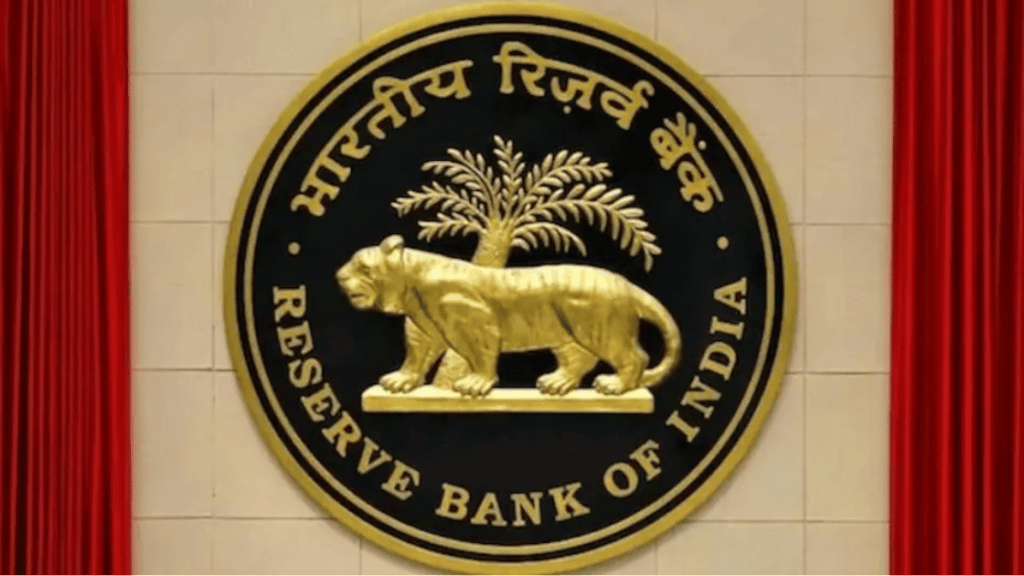P2P lending allows individuals to lend to others through RBI-regulated non-banking financial companies (NBFC) platforms by matching lenders and borrowers on their platform.
With peer-to-peer (P2P) lending platforms no longer able to offer early withdrawals, lenders who invested with liquidity in mind will face cash flow disruptions. This follows new guidelines issued by the Reserve Bank of India (RBI) mandating that fund transfers between participants occur solely through escrow accounts. As a result, lender-to-lender transactions are prohibited, and funds can only move between lender and borrower escrow accounts. Previously, many platforms provided liquidity by selling an existing lender’s loan to another lender when redemption was requested before maturity.
“We terminated around nine partnerships immediately after understanding the regulator’s direction last year. From September 4th, 2023, we have no partnership dependency and are unaffected by these guidelines as we only offer maturity-based products,” Bhavin Patel, Co-founder and CEO of LenDenClub, a P2P platform founded in 2015 that has lent over Rs 14,000 crore to date.
The RBI’s notice prohibits lender-to-lender transactions, stating that money should move between respective lender and borrower accounts: “Funds from lenders’ bank accounts shall only be transferred to the Lenders’ Escrow Account and then disbursed to the specific borrower’s bank account, ensuring compliance with paragraph 8(3) of these Directions. The borrower shall repay the loan from their bank account to the Borrowers’ Escrow Account, from which funds will be transferred to the respective lender’s bank account.”
A P2P player, requesting anonymity, added, “Loans offered through the secondary market will now be stopped. All fintech players offering liquidity and pre-maturity withdrawals must cease.”
P2P lending allows individuals to lend to others through RBI-regulated non-banking financial companies (NBFC) platforms by matching lenders and borrowers on their platform. The platforms act as intermediaries, facilitating transactions and managing repayments for a fee of 1–3%.
The RBI also stated that funds in Lenders’ and Borrowers’ Escrow Accounts must not remain there for more than ‘T+1’ day, where ‘T’ is the date funds are received. “We find the T+1 condition stringent, as many payment networks take over three days for transfers. We will discuss this with the regulator,” added Patel.
On a positive note, the RBI has mandated full disclosure of any losses lenders incur on principal or interest. This is important as periodic data analysis can enhance awareness around market risks. This requirement is similar to the Securities and Exchange Board of India (SEBI) providing data on how many investors make a profit while trading in the stock market. Just as SEBI’s data helps stock market investors understand the real success rates and risks of trading, the RBI’s disclosure mandate will help P2P lenders understand the potential risks and outcomes of their investments.
How Does P2P Work?
For lenders (investors), P2P platforms offer potentially higher returns than bank fixed deposits, though without guarantees. The platform vets the borrower, providing an alternative source of funds with fewer hassles for borrowers compared to traditional banks. For example, if money is lent at an annual interest rate of 23%, with an average loan tenure of six months, a non-performing asset (NPA) rate of 4%, and platform fees of 3% per annum, lenders’ returns would be approximately 12% per annum (23 – 8 – 3 = 12). It is crucial to remember that P2P interest rates are not guaranteed and are directly impacted by the portfolio’s NPAs. Therefore, it is important to review borrowers’ profiles and their NPAs when selecting a P2P lending platform.
Business News Article Source Link – Click Here
Get the latest business news and startup updates with Startup India News. Stay informed with today’s top stories, trending topics, and daily business insights. Your source for the most important updates in the business world.






